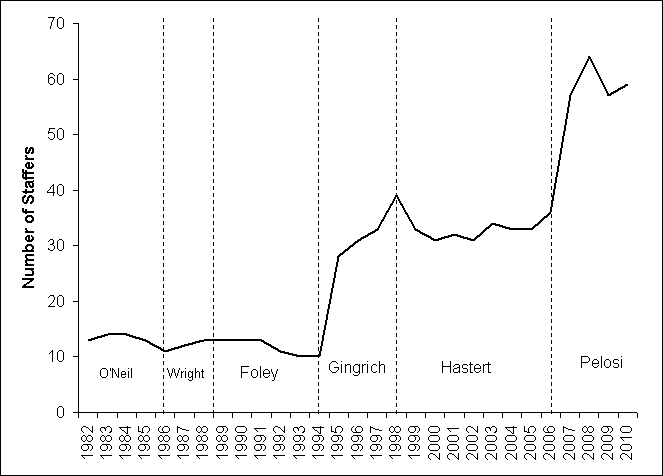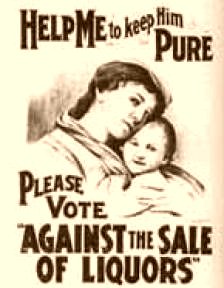Question: When you see on the stock ticker that the price of a barrel of oil has gone up (or down), is that a good thing or a bad thing?
Answer: I think this question is a whole lot more complicated than it first appears.
I bring this up because I’m watching one of the cable news channels and the talking head just said that the price of oil dropped $2 on the bad jobs report released this morning. Now normally, when the framing is gas prices, oil going down is a good thing. But in this case, the framing is “demand in the American economy,” which means that oil going down is bad because it’s an indicator that economic demand is stagnating.
But this is problematic, of course, because it means that no matter what direction oil goes — up or down — we can theoretically be pessimistic (or happy) about it.
Still, there are other angles too. Higher oil prices are good for oil companies, almost all of which are public entities, and most of which are blue-chip stocks that are owned significantly by public and private pension funds, and comprise significant portions of mainstream mutual funds. So increased oil prices are probably good for your retirement portfolio, and your state governments balance sheet. Higher oil prices are also associated with a decrease in driving (hedged by a marginal decrease in government gas tax revenue ).
On the other hand, increases in oil prices tend to have systematic inflationary effects, since oil underpins the costs of all goods. Inflation is not great for anyone (except maybe the self-employed who have high capital debt, like farmers), and definitely not good for your pension fund. So that’s a factor. My sense is that there are also trade imbalance effects of oil, although I don’t know enough about international finance to say.
But I do think it’s safe to say that an increase (or decrease) in oil prices is not inherently good or bad for the average American. It fundamentally depends on your financial relationship to oil itself — how much do you drive, how much do you (or your retirement fund) have invested in oil-based equities, and what are the inflationary consequences.

 .
. 